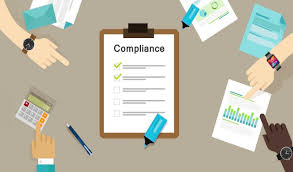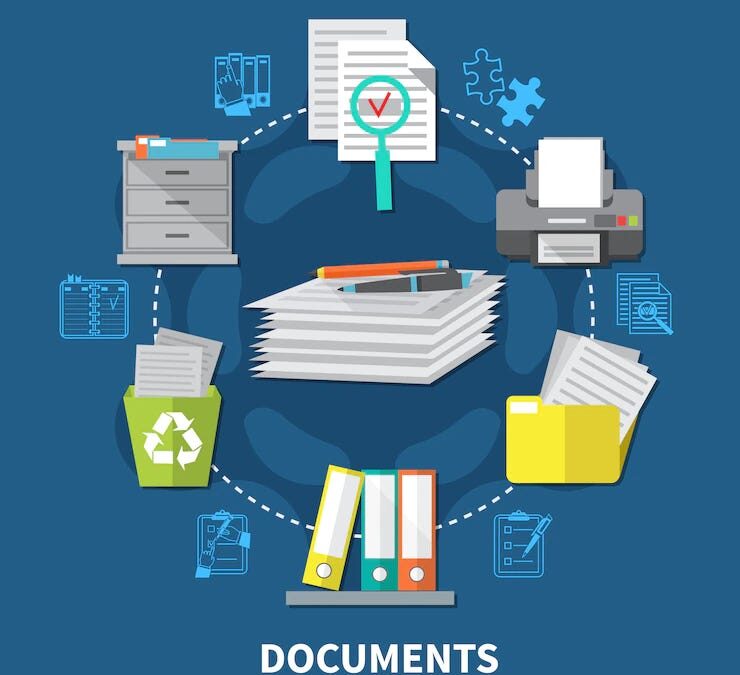I am casting my vote for “Cloud” as the leading candidate for “techie buzzword of the year.” Those of us in the industry who are old enough to have had a career prior to technology becoming ubiquitous may remember when this was called “distributive data processing” (anyone out there remember UNI-COLL?). That is a story for another time, however.
Developers are rushing headlong into “the Cloud” with all manner of apps. Like in the material world, concentrated activity within a cloud can cause turbulence and sudden storms. Those first entrants into the Cloud may not be the players who ultimately survive and prosper in the legal technology marketplace if their entries don’t reflect a coherent strategy for deployment and a deep understanding of the direction this technological “advance” will take.
Nevertheless, the upper atmosphere is getting more crowded each month, with some really heavy hitters plunging in with offerings. Lexis has plunked its toe in the cloud (metaphorically speaking) with the introduction of its “Mobility” product for practice management. Mobility uses the Microsoft Azure platform to distribute data from a Time Matters database to mobile devices, via automatic synchronization with cloud-based data servers. While this initial foray may seem very limited at present, it sets the scene for a gradual but inexorable transition from LAN-based to Cloud-based servers down the road, moving at the speed of user acceptance. Not a bad strategy for a major player in the legal technology marketplace who has a very significant history of successful “distributed data processing”(i.e., Lexis Research).
Microsoft, another technology behemoth, has recently rolled out its Cloud offering with its “Office 365” suite of products and services, released in June of this year. This latest offering from Microsoft provides a hosted environment for three of its popular server products (Exchange, Sharepoint, and Lync (formerly known as Office Communication Server)). Of equal importance, it provides desktop licenses for the popular Office Professional app (which can be installed on local workstations) and offers access to Office Web Apps, for “on the go” document creation. As with the Lexis offering, this approach puts the application on the desktop but the data in the Cloud, accessible from wherever, or from whatever device is handy at the moment.
These two entrants bring an important distinction to the Cloud development efforts launched by some early adopters in the legal technology marketplace (like Clio and Advologix). These “new to the Cloud dance” technology giants integrate the local computing environment with the Cloud, whereas those earlier entrants (like their even-earlier counterparts in the ASP industry) replace the local environment with their Cloud-based apps.
Who’s to say which approach will win out in the end? It really is too early to make that call.
Judging by the size and stature (and capitalization) of the players adopting the “integrated desktop” approach, coupled with the notoriously steep and narrow bell curve of “bleeding edge” adopters in the legal industry, I wouldn’t bet against the integration model. Not yet, anyway.
The Cloud is skimming along the horizon like a fast moving storm, and its future direction is very difficult to chart. Like diligent meteorologists, we plan to monitor it very closely to glean what insights we can from its development.
Help us to shape that conversation by posting your own thoughts on this topic here. We are interested in gauging the pulse of our readers regarding this emerging technology arena.

Jack Schaller has been active in the field of law office technology since 1989, and has worked with a variety of commercial accounting, legal billing, practice management, and document management software products during his twenty plus years in the software consulting field. During his tenure as a software consultant he has garnered many sales and service awards for his work with legal software products. Jack is a frequent presenter at legal conferences and seminars, and is a regular contributor to TechnoLawyer and other technology publications.



